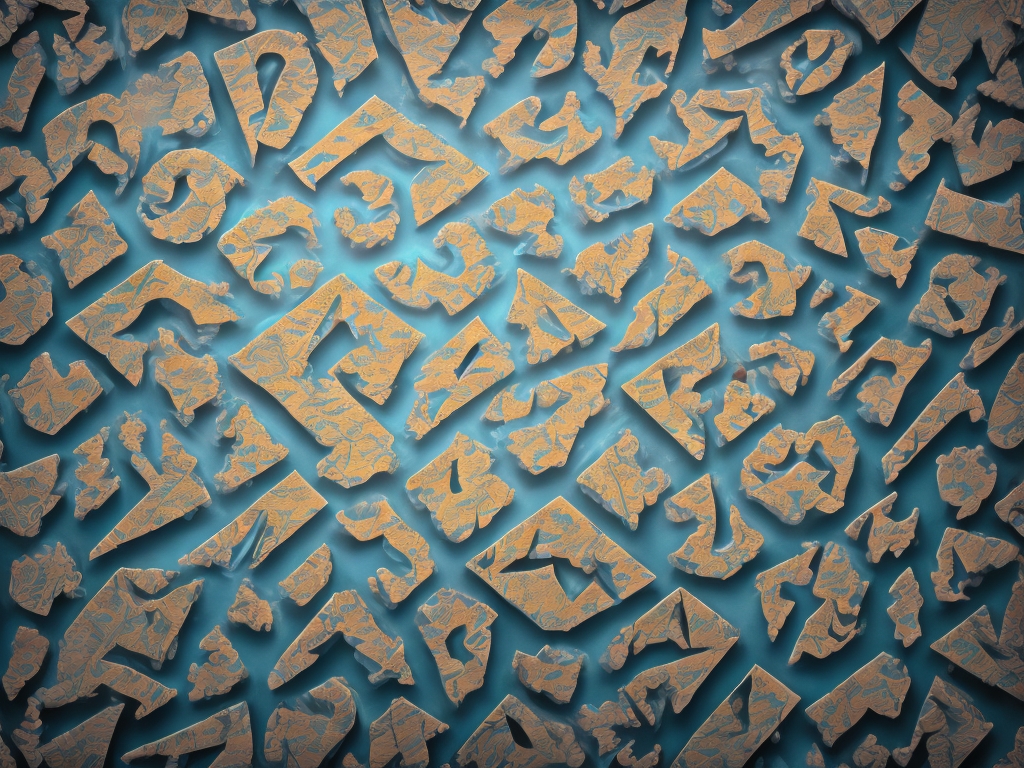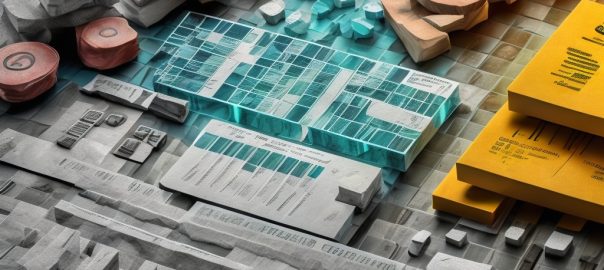Asbestos testing is a critical process that homeowners and property managers must navigate with care. Understanding the cost of an asbestos test kit and the factors that influence it can help ensure you make informed decisions and protect your health and safety.
Asbestos is a naturally occurring mineral that was once widely used in construction materials due to its durability and fire-resistant properties. However, exposure to asbestos fibers can lead to serious health issues, including lung cancer, mesothelioma, and asbestosis. That’s why it’s essential to identify the presence of asbestos in your home or building and take appropriate action.
| Key Factors Affecting Asbestos Test Kit Costs | Typical Cost Range |
|---|---|
| Type of test kit (DIY vs. professional) | $10 – $400 |
| Number of samples required | $50 – $300 per sample |
| Laboratory analysis fees | $50 – $200 per sample |
| Shipping and handling | $10 – $50 |
What is an Asbestos Test Kit?
An asbestos test kit is a tool used to collect samples of suspected asbestos-containing materials for laboratory analysis. These kits typically include instructions, sample collection tools, and packaging to send the samples to a certified laboratory for testing. The results from the analysis will determine whether the material contains asbestos and the type of asbestos present, which is crucial information for determining the appropriate next steps.Understanding the Cost Factors of Asbestos Testing
The cost of an asbestos test kit can vary significantly depending on several factors. DIY kits, which allow you to collect and submit the samples yourself, are generally the most affordable option, ranging from $10 to $50. Professional inspection services, on the other hand, can cost anywhere from $200 to $400 or more, as they include the cost of a trained technician to collect the samples and the laboratory analysis fees.Another important cost factor is the number of samples required. Asbestos-containing materials can vary in composition, so multiple samples may be needed to accurately identify the presence and type of asbestos. The laboratory analysis fees, which typically range from $50 to $200 per sample, can quickly add up. Shipping and handling costs, which can range from $10 to $50, should also be considered.
DIY Asbestos Testing vs. Professional Inspection
When it comes to asbestos testing, homeowners and property managers have the option to either conduct a DIY test or hire a professional inspector. DIY asbestos test kits are a more affordable option, but they come with some limitations. These kits require the homeowner to collect the samples themselves, which can be challenging and may not provide the most accurate results. Professional inspections, on the other hand, are conducted by trained technicians who follow strict protocols for sample collection and analysis, ensuring a more reliable outcome.Interpreting the Results of an Asbestos Test
The results of an asbestos test will indicate whether the sample contains asbestos and, if so, the type of asbestos present. Asbestos is classified into two main categories: friable and non-friable. Friable asbestos is more easily crumbled or damaged, posing a higher risk of airborne fibers, while non-friable asbestos is more tightly bound and less likely to release fibers. Understanding the type of asbestos present is crucial in determining the appropriate next steps for remediation or abatement.Regulatory Requirements and Asbestos Testing
In many regions, there are specific regulations and guidelines governing the testing, handling, and removal of asbestos-containing materials. Homeowners and property managers must be aware of these requirements to ensure compliance and protect the health and safety of occupants. Depending on the location, there may be specific protocols for sample collection, laboratory analysis, and the hiring of licensed asbestos abatement contractors.Preparing for an Asbestos Test: What to Expect
If you decide to have a professional asbestos inspection conducted, there are a few things you can expect. The inspector will typically start by conducting a visual assessment of the property, identifying any suspected asbestos-containing materials. They will then collect samples of these materials, following strict protocols to minimize the risk of exposure. The samples will be sent to a certified laboratory for analysis, and the inspector will provide a detailed report with the results and recommendations.Addressing Concerns About Asbestos Exposure
Discovering the presence of asbestos in your home or building can understandably be a cause for concern. It’s important to understand that the mere presence of asbestos does not necessarily mean there is an immediate health risk. The risk of exposure depends on the condition of the asbestos-containing materials and the potential for disturbance or damage. If the asbestos is in good condition and properly managed, it may not pose an immediate threat. However, any damaged or deteriorating asbestos should be addressed promptly by a licensed professional.Budgeting for Asbestos Remediation and Abatement
If the asbestos test results indicate the presence of asbestos-containing materials that require remediation or abatement, it’s essential to budget for the associated costs. The total cost can vary widely depending on the extent of the contamination, the type of asbestos present, and the specific remediation or abatement methods required. Homeowners and property managers should expect to pay anywhere from $1,000 to $15,000 or more for comprehensive asbestos removal and disposal.






